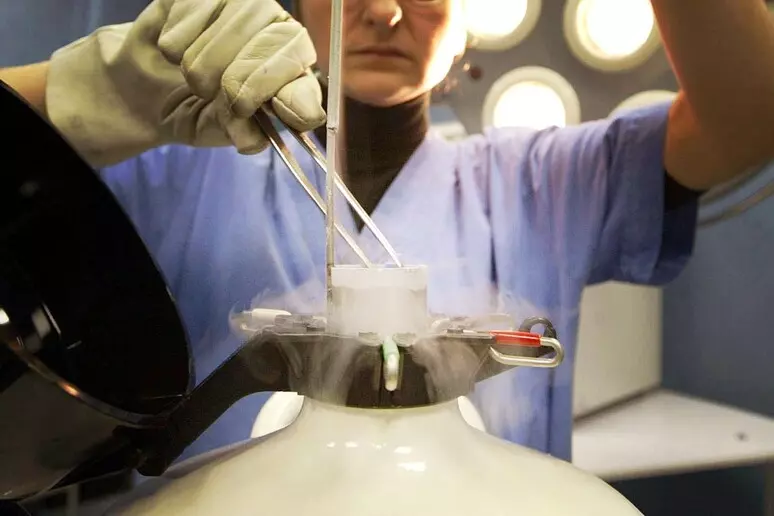Ten children born from the same sperm donor in Europe have developed cancer. According to a report in The Guardian published May 23, the situation began when two families contacted their respective fertility clinics after their children were diagnosed with cancers such as leukemia, non-Hodgkin’s lymphoma, and others, all linked to a rare genetic mutation.
The mutation, found in the TP53 gene associated with Li-Fraumeni syndrome (an inherited disease that greatly increases cancer risk), was found in some of the donor sperm.
The sperm from this donor was used by 46 families across eight different European countries. These families resulted in at least 67 children, with 23 of them carrying the gene mutation, and 10 of those having developed cancer.
The European Sperm Bank notified all clinics involved but, for privacy reasons, did not disclose the exact number of children conceived. A company spokeswoman, Julie Paulli Budtz, said the company is “deeply affected by this case.”
Budtz added that even with extensive testing, it is scientifically impossible to detect all genetic mutations if one does not know what to look for. She also explained that, in 2008, the mutation was not yet associated with cancer and would not have been detectable with standard tests at the time.
Biologist Edwige Kasper, who presented the case at the annual conference of the European Society of Human Genetics in Milan, Italy, called for a mandatory limit on the number of offspring per donor in Europe to avoid similar cases.
Experts emphasize that while whole-genome sequencing for all donors might not be feasible, the current situation represents “abnormal dissemination of genetic disease.”
Children identified as carrying the TP53 variant are now undergoing intensive, long-term medical monitoring, including regular whole-body MRIs, brain and breast scans, and abdominal ultrasounds, to facilitate early cancer detection.
The episode has raised serious concerns about limits, genetic controls, and international regulation of sperm banks.












